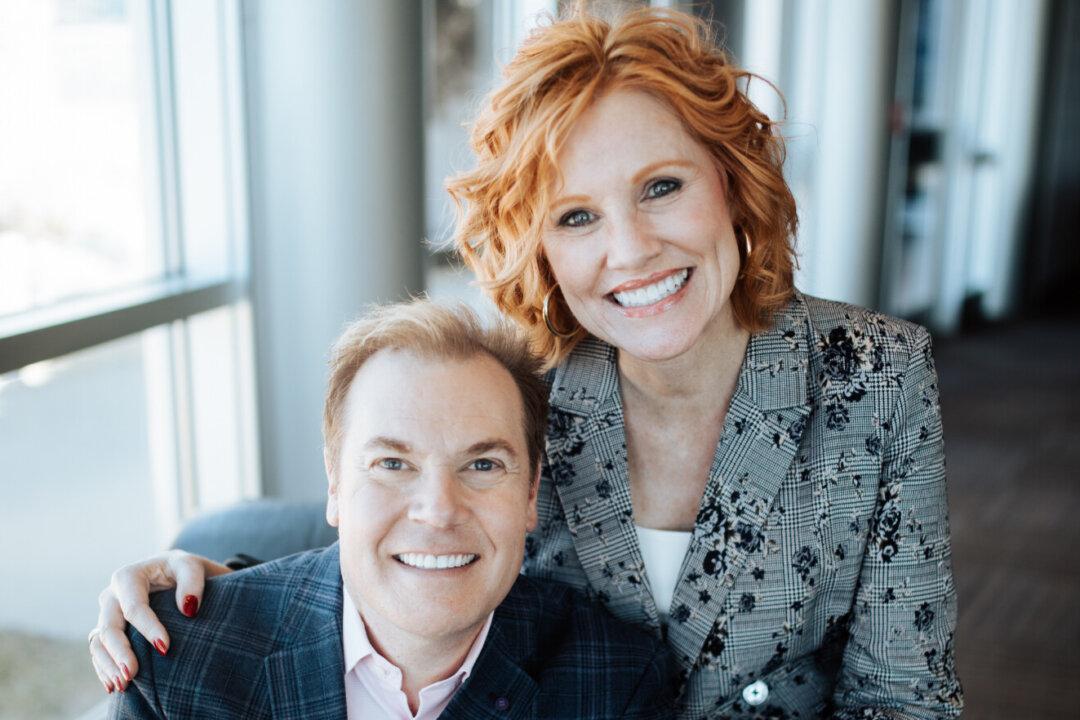Bethany and Scott Palmer are better known as The Money Couple—both financial planners of more than 20 years, they have made it their mission to save marriages by making talking about money something accessible and less stressful.
It started years ago, when the Palmers were sitting in a conference room going over an account review with a couple who was financially really well off, but unhappy.






